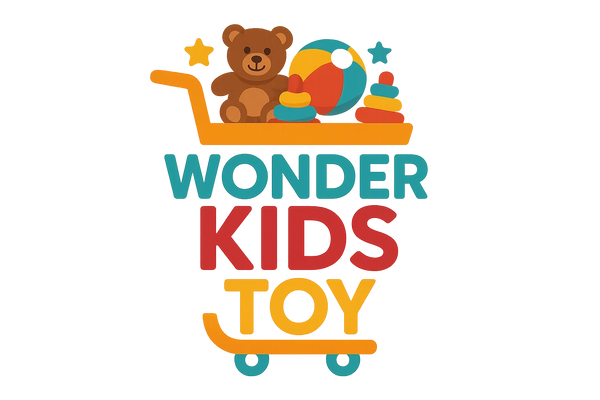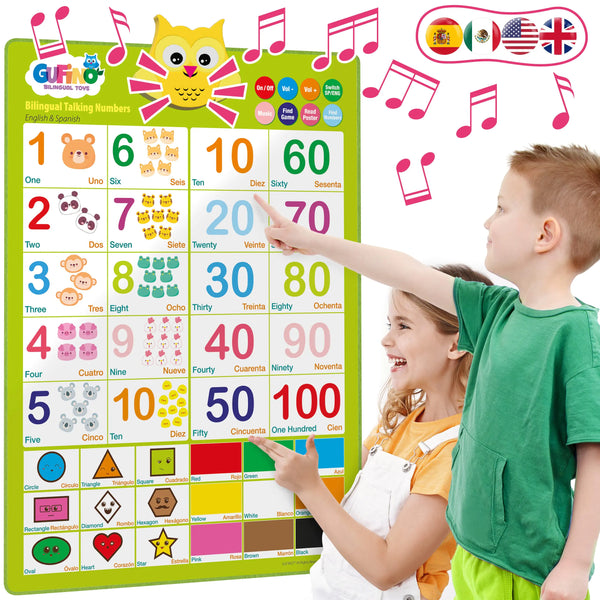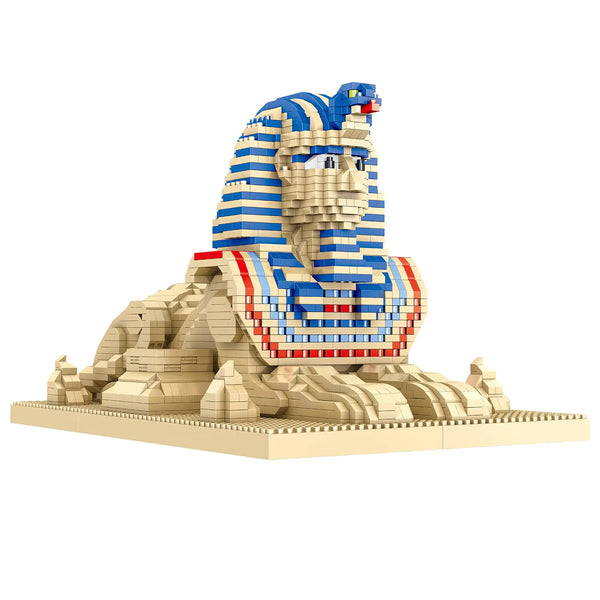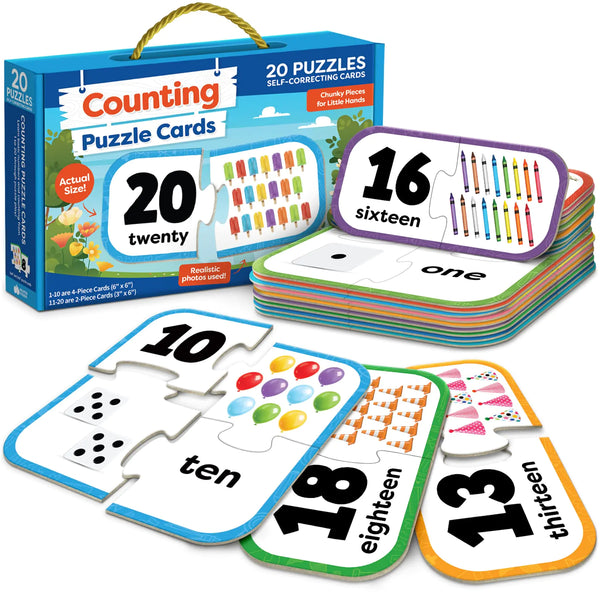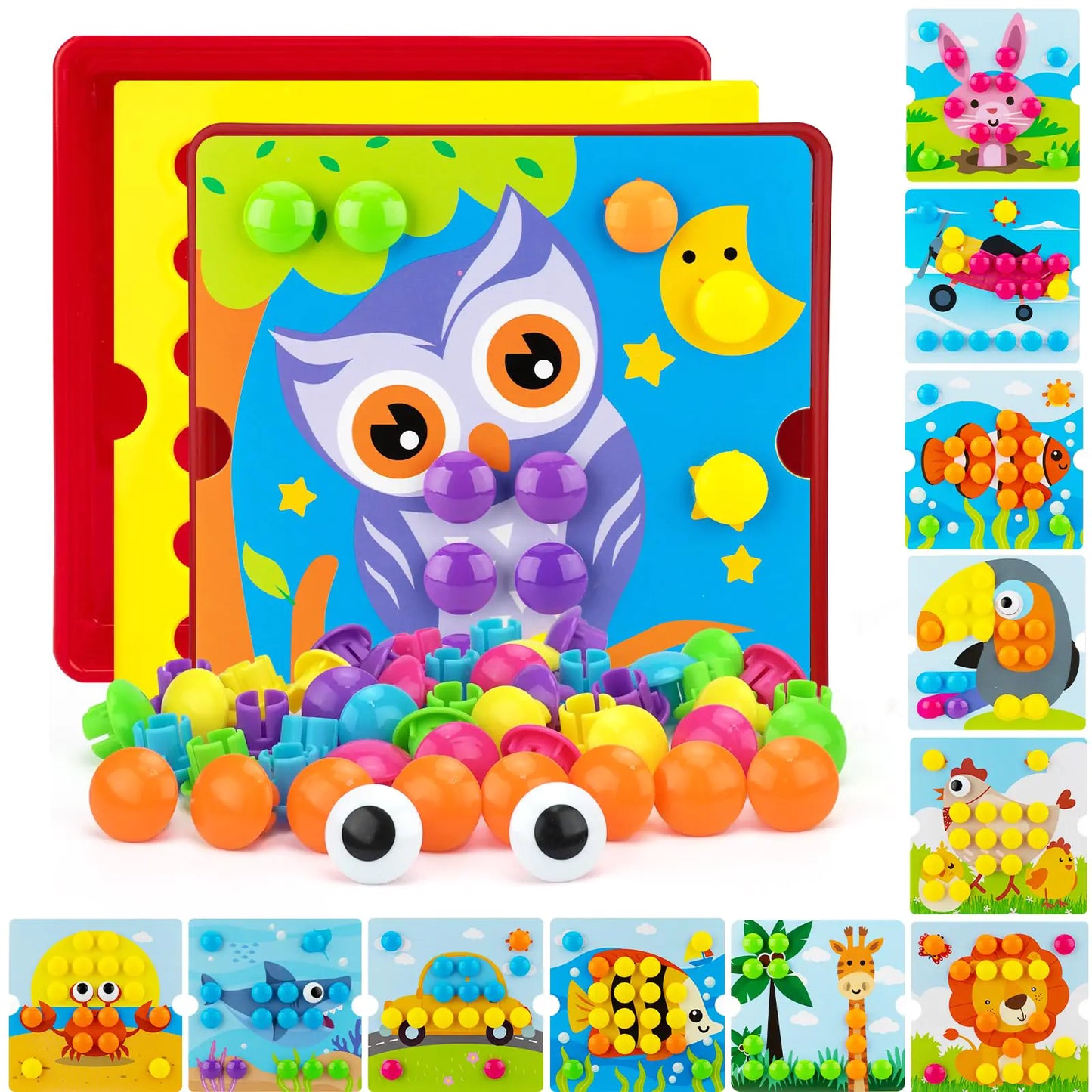The Power of Play: How Simple Playtime Builds Empathy, Kindness, and Strong Social Skills
Playtime is often the happiest part of a child’s day. It’s when laughter fills the room, imaginations run wild, and energy seems endless. But beneath the fun and excitement, something much deeper is happening. Play is one of the most powerful ways children learn how to understand others, show kindness, and navigate the world of relationships. Through play, children begin to explore emotions, practice empathy, and discover how their actions affect the people around them.
When children play, they aren’t just entertaining themselves. They’re learning how to share, take turns, resolve conflicts, and connect with others. Play creates a safe space where children can experience emotions, make mistakes, and try again. In this space, they learn that kindness matters, that other people have feelings too, and that working together often leads to better outcomes than going it alone.
Why Play Is a Natural Teacher of Empathy
Empathy doesn’t develop through lectures or instructions. It grows through experience. Play gives children countless opportunities to step outside their own point of view and consider how someone else might feel. Whether they are pretending to be a doctor caring for a patient, a superhero helping others, or a friend comforting a sad character, children are constantly practicing empathy without even realizing it.
Role-playing is especially powerful. When children take on different characters, they begin to ask important questions in their own minds. How does this character feel? Why are they upset? What would help them feel better? These moments help children understand emotions in a deeper way and teach them that feelings matter. Over time, this understanding carries over into real-life interactions with friends, siblings, and classmates.
Learning Social Skills in a Safe and Supportive Way
Play also acts as a rehearsal space for real-life social situations. Games that involve teamwork naturally teach children how to cooperate, communicate, and compromise. When children work together toward a shared goal, they learn the importance of listening, being patient, and respecting different ideas. They also learn that success feels better when it’s shared.
Because play is low-pressure, children feel free to express themselves honestly. They can practice handling disappointment, resolving disagreements, and celebrating others’ successes. These experiences help children build emotional resilience and learn how to interact positively with others, skills that will support them throughout their lives.
Encouraging Kindness Through Playful Activities
Kindness grows when children feel seen, valued, and included. Simple games can have a powerful impact on how children treat one another. Activities that encourage compliments, gratitude, or taking turns help children recognize the value of positive words and thoughtful actions. When children experience kindness firsthand, they are more likely to offer it to others.
Inclusive play is just as important. Games that ensure everyone gets a turn and feels involved help children understand fairness and respect. When adults model praise and encouragement during play, children learn to do the same. Over time, this creates a culture of kindness where children feel safe, supported, and confident.
The Role of Adults in Guiding Meaningful Play
Parents and educators play an important role in shaping play experiences. By choosing toys and games that encourage cooperation instead of constant competition, adults can guide children toward more positive interactions. Asking thoughtful questions after playtime, such as how it felt to work together or share a toy, helps children reflect on their experiences and deepen their understanding.
These conversations don’t need to be long or complicated. Simple moments of reflection help children connect their actions to their feelings and the feelings of others. This reinforces the lessons learned through play and helps children carry those values into everyday life.
Building a Kinder Future Through Play
Play is far more than a way to pass the time. It’s a powerful tool for shaping children’s hearts and minds. Through imaginative play, cooperative games, and gentle guidance, children learn empathy, kindness, and respect in a way that feels natural and joyful. These early experiences lay the foundation for strong relationships and emotional intelligence later in life.
By nurturing empathy and kindness through play, we are helping raise children who care about others, understand different perspectives, and contribute positively to their communities. In this way, play becomes not just a part of childhood, but a vital part of building a more compassionate and understanding world.

